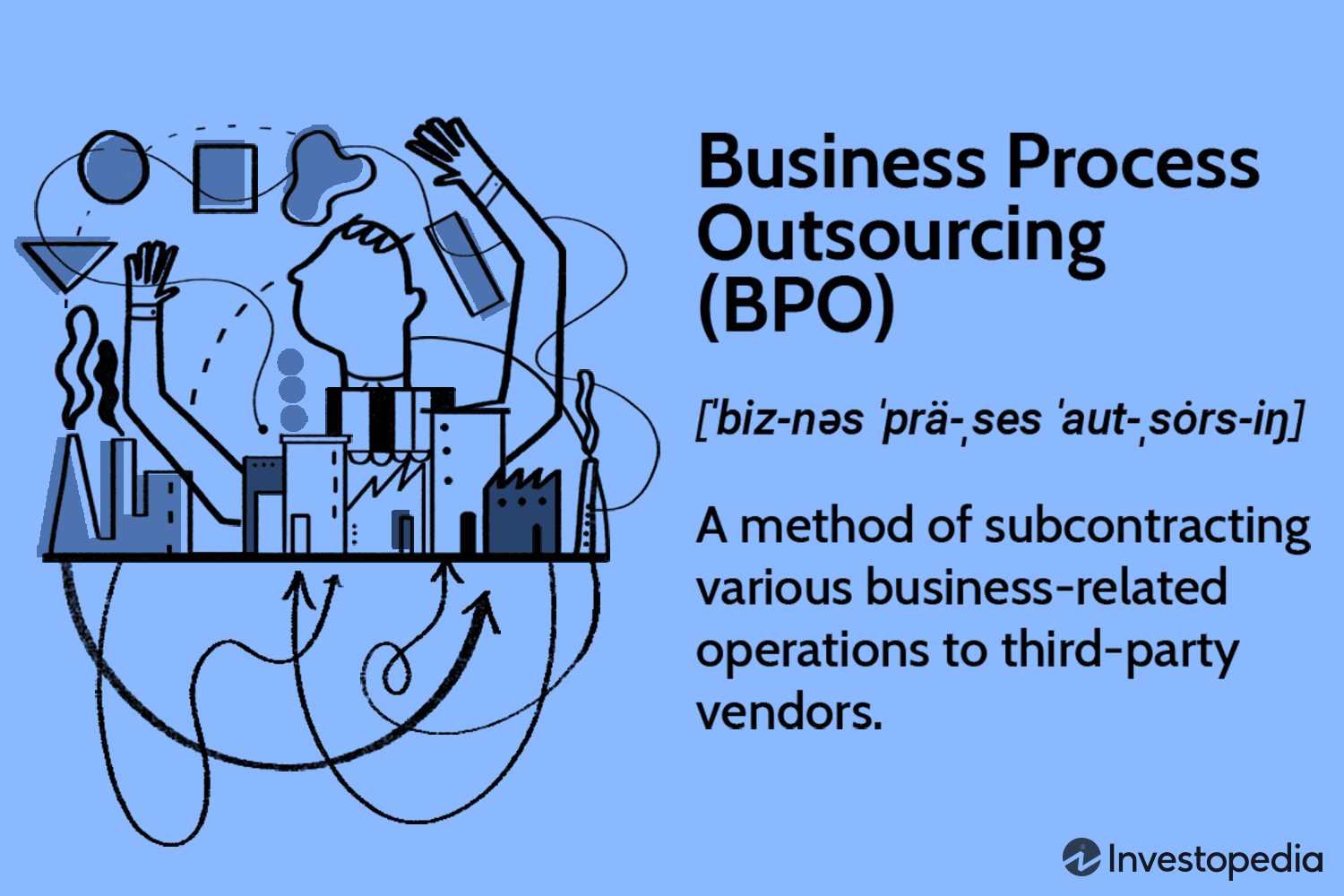Introduction
Leading CX Consultancy and Design Customer service an era where competition is fierce and customer expectations are at an all-time high, businesses must prioritize customer experience (CX) to remain relevant. The evolution of digital technologies has transformed how customers interact with brands, making it essential for companies to adapt to changing preferences and behaviors. This shift has led to the emergence of customer experience consultancy as a crucial service that helps organizations understand and enhance their interactions with customers.
Leading CX consultancies specialize in crafting tailored strategies that align with the specific needs of their clients. By leveraging data analytics, design thinking, and customer journey mapping, these firms create frameworks that not only improve customer satisfaction but also foster loyalty and drive revenue growth. This article explores the pivotal role of CX consultancy in elevating customer service, detailing key strategies, case studies, and future trends that define this dynamic field.
As we delve into the importance of customer experience, we’ll examine how consultancies are transforming businesses by integrating innovative practices that focus on personalization, omnichannel interactions, and proactive support. Furthermore, we’ll highlight exemplary case studies from leading firms that illustrate the tangible benefits of prioritizing CX. Finally, we’ll look ahead to emerging trends that will shape the future of customer experience, emphasizing the need for businesses to stay agile in an ever-evolving landscape.
Through this exploration, it becomes evident that the journey toward exceptional customer experience is not merely a trend but a necessary evolution for organizations seeking sustainable growth. Those who embrace this paradigm shift will find themselves at a competitive advantage, ready to meet and exceed the expectations of a new generation of consumers.
Understanding Customer Experience
Definition of Customer Experience
Customer experience refers to the sum of all interactions a customer has with a brand throughout their journey. This encompasses every stage, from initial awareness through consideration, purchase, and post-purchase support. Unlike customer service, which focuses solely on interactions with support teams, customer experience includes every touchpoint—be it marketing communications, the website, physical store visits, or social media engagement.
A positive customer experience creates lasting impressions that influence customer loyalty and advocacy. For example, a seamless online shopping experience coupled with timely customer support can lead to repeat purchases and word-of-mouth recommendations. Conversely, a negative experience can result in lost sales and damaged brand reputation.
The Importance of Customer Experience
- Brand Loyalty: Companies that prioritize customer experience often enjoy higher levels of brand loyalty. When customers feel valued and understood, they are more likely to return and recommend the brand to others. According to a report by Bain & Company, increasing customer retention rates by just 5% can lead to a profit increase of 25% to 95%.
- Competitive Advantage: In saturated markets, providing exceptional customer experiences can differentiate a brand from its competitors. Companies like Amazon and Apple have built their reputations on delivering outstanding CX, making them industry leaders. By investing in customer experience strategies, businesses can cultivate a loyal customer base that sets them apart.
- Increased Revenue: Numerous studies indicate a direct correlation between customer experience and revenue growth. For instance, a study by the Temkin Group found that companies with excellent CX saw revenues grow by 5% to 10% above their competitors. This increase can be attributed to higher customer retention rates, upselling opportunities, and enhanced brand reputation.
- Customer Insights: Understanding customer feedback and preferences is critical for continuous improvement. Companies that actively seek and analyze customer input can make informed decisions that enhance products and services. This data-driven approach allows businesses to adapt to changing needs, ensuring they remain relevant and competitive.
- Cost Reduction: Investing in customer experience can also lead to cost savings. By addressing customer issues proactively and providing effective self-service options, companies can reduce the volume of support inquiries and improve operational efficiency. This not only enhances customer satisfaction but also lowers the cost of service delivery.
The Role of CX Consultancy
Leading CX consultancies play a pivotal role in helping organizations navigate the complexities of customer experience. They bring expertise in strategy development, data analysis, and design thinking to create tailored solutions that address specific business challenges.
Services Offered by CX Consultancies
- Customer Journey Mapping: One of the fundamental services provided by CX consultancies is customer journey mapping. This process involves creating a visual representation of the customer’s interactions with the brand, highlighting key touchpoints and identifying pain points. By understanding the journey from the customer’s perspective, businesses can pinpoint areas for improvement and develop strategies to enhance the overall experience. Tools like journey mapping workshops and software can facilitate this process, enabling organizations to gather cross-departmental insights.
- User Experience (UX) Design: In an increasingly digital world, user experience design is critical for ensuring that online interactions are intuitive and engaging. CX consultancies often work closely with design teams to create user-friendly interfaces, websites, and applications. By employing principles of UX design, such as usability testing and iterative design processes, consultancies help businesses create digital experiences that resonate with customers and drive engagement.
- Training and Development: A significant aspect of improving customer experience lies in empowering employees. Many CX consultancies offer training programs that equip staff with the skills necessary to deliver exceptional service. These programs often focus on communication, problem-solving, and emotional intelligence, fostering a customer-centric culture within the organization. Additionally, consultancies may provide ongoing support to help businesses sustain these practices over time.
- Feedback and Analytics: Gathering and analyzing customer feedback is crucial for continuous improvement. CX consultancies utilize various tools and methodologies to collect insights from customers, such as surveys, interviews, and focus groups. By employing advanced analytics techniques, consultancies can interpret this data to identify trends and actionable insights, enabling businesses to make informed decisions that enhance the customer experience.
Selecting a CX Consultancy
Choosing the right CX consultancy is a critical step for organizations seeking to elevate their customer experience. Factors to consider when selecting a consultancy include:
- Expertise and Experience: Look for consultancies with a proven track record in your industry. Understanding the nuances of your business environment is essential for delivering effective solutions.
- Approach and Methodology: Evaluate the consultancy’s approach to customer experience. Do they prioritize data-driven insights? Are they focused on user-centered design? A clear methodology ensures alignment with your organization’s goals.
- Cultural Fit: The consultancy should align with your organization’s culture and values. A strong partnership is built on shared beliefs and mutual understanding.
- Client Testimonials and Case Studies: Reviewing past success stories can provide valuable insights into a consultancy’s capabilities. Look for case studies that demonstrate tangible results and measurable outcomes.
Key Strategies for Elevating Customer Service
1. Personalization
Personalization is a cornerstone of effective customer experience. Tailoring interactions to meet individual customer needs fosters a deeper connection and enhances satisfaction.
- Data Utilization: Leveraging customer data is essential for effective personalization. By analyzing purchase history, browsing behavior, and demographic information, businesses can create targeted marketing campaigns and personalized communications that resonate with individual customers.
- Customer Segmentation: Identifying different customer segments allows companies to tailor experiences for each group. By categorizing customers based on behavior, preferences, and demographics, businesses can deliver more relevant content and offers, increasing engagement and conversion rates.
- Dynamic Content: Implementing dynamic content on websites and in marketing materials can significantly enhance personalization efforts. For instance, an e-commerce site can showcase product recommendations based on previous purchases, creating a more relevant shopping experience.
- Personalized Communication: From email marketing to customer support, personalized communication can make customers feel valued. Using the customer’s name, acknowledging previous interactions, and offering tailored solutions can enhance the overall experience.
2. Omnichannel Experience
In today’s interconnected world, customers engage with brands through multiple channels. Creating a cohesive omnichannel experience is essential for meeting customer expectations.
- Seamless Integration: Consultancies work with businesses to integrate various channels, ensuring customers can transition smoothly between them. This might involve aligning messaging and branding across platforms or ensuring consistent service levels.
- Consistent Messaging: Maintaining consistent branding and messaging across all channels reinforces trust and familiarity. Customers should receive the same quality of service and information whether they engage via social media, a website, or in-store.
- Cross-Channel Analytics: Analyzing customer behavior across channels helps businesses understand how customers interact with their brand. This data can inform strategies for improving the overall experience and optimizing channel performance.
3. Proactive Customer Support
Proactive customer support anticipates customer needs and addresses potential issues before they escalate.
- Predictive Analytics: By leveraging data analytics, businesses can identify patterns that indicate potential problems. For instance, analyzing customer feedback and behavior can reveal recurring issues that may require attention.
- Self-Service Options: Providing customers with self-service tools empowers them to find solutions quickly. Knowledge bases, FAQs, and chatbots can offer instant support, enhancing satisfaction and reducing the burden on support teams.
- Proactive Outreach: Regularly checking in with customers can prevent issues from arising. For example, sending follow-up emails after a purchase to ensure satisfaction or offering support can enhance the overall experience.
4. Employee Engagement
Engaged employees are crucial for delivering exceptional customer service. When employees feel valued and motivated, they are more likely to provide positive experiences.
- Training Programs: Regular training ensures employees have the necessary skills to meet customer expectations. Workshops, role-playing scenarios, and ongoing education can empower staff to handle various situations effectively.
- Feedback Mechanisms: Creating a culture of feedback encourages employees to share their insights and suggestions for improvement. Regular check-ins, surveys, and open forums can foster communication and collaboration.
- Recognition and Rewards: Recognizing and rewarding employees for their contributions can boost morale and motivation. Celebrating successes and providing incentives for exceptional service can create a positive work environment that translates to better customer experiences.
5. Utilizing Technology
Technological advancements play a significant role in enhancing customer experience.
- Artificial Intelligence (AI): AI can revolutionize customer interactions by enabling personalized experiences, predictive analytics, and automated support. Implementing AI-driven chatbots can provide instant responses to customer inquiries, freeing up human agents for more complex issues.
- Customer Relationship Management (CRM) Systems: CRM systems help businesses manage customer interactions and data effectively. By centralizing customer information, companies can provide tailored experiences and track engagement history.
- Data Analytics Tools: Advanced analytics tools allow businesses to analyze customer behavior, preferences, and feedback. By leveraging data, companies can make informed decisions that enhance the overall experience.
6. Customer Feedback Loops
Establishing effective feedback loops is essential for continuous improvement.
- Collecting Feedback: Regularly gathering feedback through surveys, interviews, and focus groups provides valuable insights into customer perceptions and preferences.
- Acting on Feedback: Businesses must not only collect feedback but also take action on it. Analyzing feedback and implementing changes based on customer suggestions demonstrates a commitment to improvement.
- Closing the Loop: Communicating with customers about how their feedback has influenced changes can enhance trust and loyalty. Keeping customers informed fosters a sense of involvement and appreciation.
Case Studies of Leading CX Consultancies
Case Study 1: Accenture Interactive
Accenture Interactive is a leading player in the CX consultancy space, known for its innovative approach to customer experience. Their methodologies emphasize the integration of strategy, design, and technology.
- Strategy Development: Accenture collaborates with clients to develop comprehensive CX strategies that align with their business objectives. By conducting in-depth research and analysis, they create tailored solutions that address specific challenges.
- Digital Transformation: They assist companies in leveraging digital tools to enhance customer interactions. For instance, Accenture helped a major retailer implement an AI-driven personalization strategy that increased online sales by 30% within six months.
- Design Thinking: Accenture employs design thinking principles to create user-centered experiences. By focusing on empathy and understanding customer needs, they design solutions that resonate with target audiences.
Case Study 2: McKinsey & Company
McKinsey & Company offers robust CX consultancy services, helping businesses drive growth through customer-centric strategies.
- Customer Journey Analysis: McKinsey employs advanced analytics to map customer journeys, identifying critical touchpoints that impact satisfaction. Their data-driven insights have helped numerous clients enhance their CX strategies.
- Cultural Transformation: They emphasize the importance of fostering a customer-centric culture within organizations. By working closely with leadership teams, McKinsey helps instill a mindset that prioritizes customer needs at every level.
Case Study 3: Forrester Research
Forrester Research is known for its research-driven approach to CX. They provide insights and frameworks that empower businesses to improve their customer experience.
- Customer Experience Index: Forrester’s CX Index measures and benchmarks customer experience across various industries. This index helps businesses understand their performance relative to competitors and identify areas for improvement.
- Advisory Services: Their consultancy services guide organizations in implementing best practices for enhancing customer engagement. By leveraging industry research and insights, Forrester helps clients develop effective CX strategies.
Additional Case Studies
- Bain & Company: Known for its focus on customer loyalty, Bain has helped various companies transform their CX strategies. Their loyalty framework has been instrumental in driving retention and growth.
- Gartner: Gartner provides research and advisory services that help organizations navigate the complexities of customer experience. Their insights into market trends and customer behavior are invaluable for businesses seeking to enhance CX.
The Future of Customer Experience
As technology continues to evolve, so too does the landscape of customer experience. Leading CX consultancies are at the forefront of these changes, adopting innovative approaches to stay ahead.
Trends Shaping the Future of CX
- Artificial Intelligence (AI): AI is revolutionizing customer service by enabling personalized interactions, predictive analytics, and automation. Future applications may include even more sophisticated chatbots that can understand natural language and provide nuanced support.
- Voice Technology: With the rise of voice-activated devices, brands must adapt their CX strategies to include voice interactions. This includes optimizing content for voice search and developing voice-activated customer service options.
- Augmented Reality (AR): AR is enhancing customer experiences by providing immersive product experiences and virtual try-ons. Retailers are already using AR to allow customers to visualize products in their own environments before making a purchase.
- Sustainability: Customers are increasingly seeking brands that align with their values, particularly regarding sustainability. Leading consultancies are helping businesses integrate sustainable practices into their CX strategies, ensuring that ethical considerations are part of the customer experience.
- Remote Customer Engagement: The pandemic has accelerated the shift toward remote customer engagement. Businesses must adapt their strategies to meet the needs of customers who prefer digital interactions over in-person visits.
Preparing for Future Challenges
To remain competitive, companies must stay agile and adapt to emerging trends in customer experience. This involves investing in technology, training employees, and continuously gathering feedback to refine strategies.
- Continuous Learning: Organizations should foster a culture of continuous learning and adaptation. Staying informed about industry trends and best practices will enable businesses to evolve their customer experience strategies effectively.
- Agility and Flexibility: The ability to pivot and adapt to changing customer expectations is crucial. Businesses must remain open to experimenting with new approaches and technologies.
Conclusion
In conclusion, the importance of customer experience in today’s business landscape cannot be overstated. Leading CX consultancy and design firms play a crucial role in helping businesses elevate their customer service and create lasting connections with their audiences. By adopting innovative strategies, embracing technology, and fostering a culture of customer-centricity, these firms enable businesses to thrive in an increasingly competitive marketplace.
The journey toward exceptional customer experience is ongoing and requires a commitment to continuous improvement. Companies must remain vigilant, adapting to changing customer expectations and technological advancements. As we look to the future, the potential for enhancing customer experiences is boundless, and those who invest in CX will undoubtedly reap the rewards.
In an era defined by customer empowerment, organizations that prioritize and invest in customer experience will not only meet but exceed customer expectations, ensuring their relevance and success in a rapidly changing world.for more read posts on this networksights.com












Leave a Reply